AWS DevOps Engineer
Let’s optimize your AWS environment to deliverinnovation faster.
The licensed AWS Solutions Engineer is a cloud services specialist who analyzes the layout as well as execution of a group’s cloud resources. Professionals are in a growing market due to their extensive expertise and grasp of a technological cloud-based system. AWS Solution Architects (AWS SAs) assist with cloud services, highly secure, and capacity infrastructure challenges.

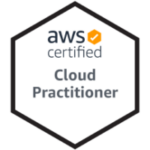
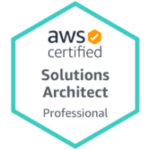
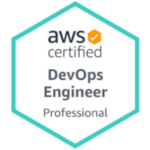
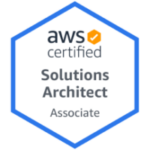
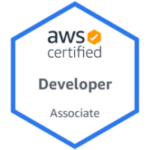
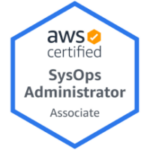
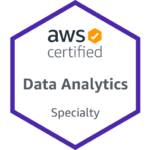
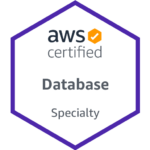
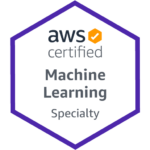
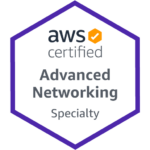
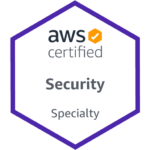
What is an AWS cloud engineer?
In developer contexts, an AWS expert is an IT specialist who develops, manages, and develops a cloud. Once we’ve defined the position, designers need to dig deeper into the intricacies of whatever they perform. Businesses require highly trained engineers to handle cloud usage, which includes application creation, distribution of resources and administration, and successful usage of the company’s key cloud computing Web Services (AWS), Cloud Platform, as well as Azure.
Specialists with all of these particular abilities are frequently well-paid even though they are typically widely respected. The typical yearly pay for a cloud engineer seems to be moreover $150,000, with prospective incentives of $10,000 each year. The shortage of ability is one of the main reasons behind the decent salaries. Approximately, 90 percent of businesses are having trouble finding individuals who have the commercial and technical abilities needed to handle cloud services as well as other digitalization efforts.

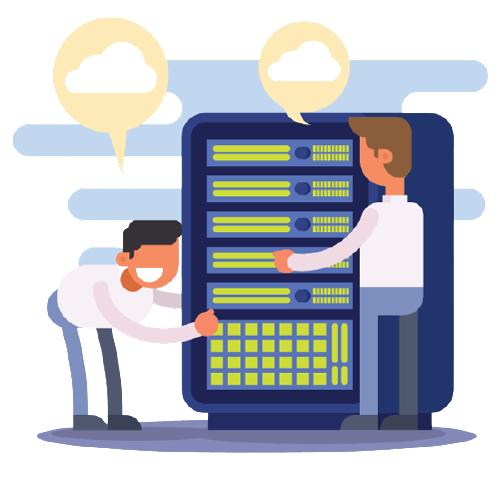
According to Tony Mullen, senior lecturer somewhere at the Khoury Institute of Computer Technologies, “how a cloud engineer performs might vary substantially from one job or one firm to the next.”
Here is another glance at the various day-to-day tasks and obligations which a cloud engineer might have, as well as some advice for getting started as a cloud engineer with both the proper abilities, training, and schooling. A cloud engineer should be familiar with cloud services tools.
Linux.
Cloud designers must be well-versed in Linux, which itself is commonly used in cloud-based solutions. .
Networking.
Virtualization and generic network operational matters are important for cloud architects to grasp.
DevOps.
DevOps is a good cloud computing paradigm, possessing a practical grasp of DevOps techniques might be beneficial to recruiters.
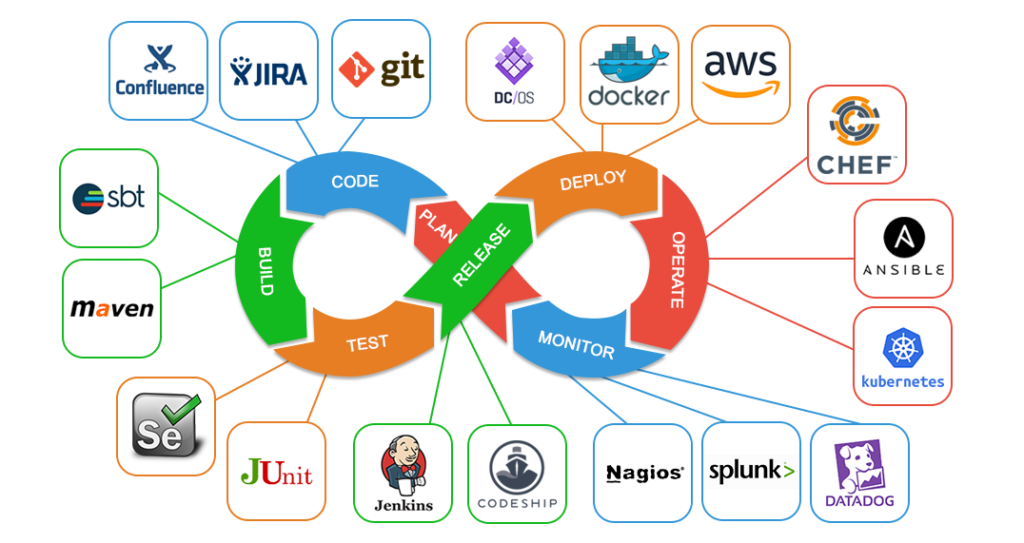
Knowledge of databases.
Cloud programmers ought to be familiar with MySQL or Hadoop, as well as online cloud administration
Programming.
Cloud engineers ought to be proficient in a range of languages, including SQL, Java, Python, Ruby, Golang, PHP, as well as.
Virtualization.
Engineers working in the clouds must be able to deploy or operate development tools using virtual servers.
Application services
Amazon Lambda
API Gateway
Amazon S3
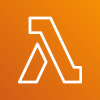
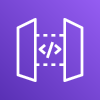



Amazon SNS
Amazon SQS
Amazon MQ










Amazon EventBridge
Amazon RDS
Amazon Aurora



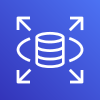




Amazon DynamoDB
DocumentDB
Amazon ElastiCache






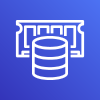

Amazon Cognito
Amazon Fargate
Amazon Beanstalk







Amazon AppMesh
Step Functions
Amazon KMS







Amazon AppSync


Data & Analytics
Amazon Kinesis
Amazon EMR
Amazon Redshift






Amazon AWS Glue
Amazon Athena
Amazon S3






Step Functions
Amazon KMS
Amazon SNS









Amazon Lambda
ElasticSearch
DynamoDB








Amazon RDS
Amazon Aurora
DocumentDB
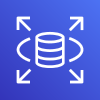







EventBridge



Deployment, Operations & Management
CloudFormation
Amazon IAM
CloudWatch






Amazon CloudTrail
CodeDeploy
Amazon ECR


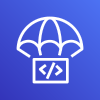



Amazon Beanstalk
Systems Manager
Amazon OpsWorks







Amazon Backup
Amazon SNS
Amazon Config








Trusted Advisor


Infrastructure & Platform Services
Amazon VPC


Amazon EC2


Amazon EKS


Amazon ECS


Amazon Route53


Amazon CloudFront


Systems Manager


Secrets Manager


Amazon KMS


Amazon GuardDuty


Amazon AWS WAF


Microservices


Production Docker Platform
Amazon Elastic Container Service
Amazon Elastic Container Service (ECS) is a highly scalable, high performance container management service that supports Docker containers and allows you to easily run applications on a managed cluster of Amazon EC2 instances.
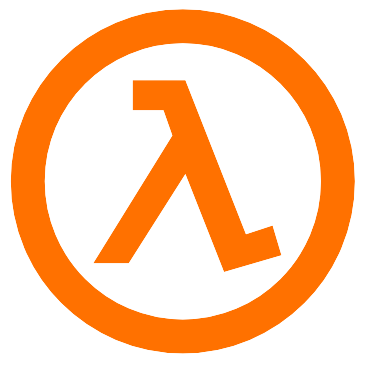

Serverless Computing
AWS Lambda
AWS Lambda lets you run code without provisioning or managing servers. With Lambda, you can run code for virtually any type of application or backend service – all with zero administration. Just upload your code and Lambda takes care of everything required to run and scale your code with high availability.
Infrastructure as Code
Templated Infrastructure Provisioning
AWS CloudFormation
AWS CloudFormation gives developers and systems administrators an easy way to create and manage a collection of related AWS resources, provisioning and updating them in an orderly and predictable fashion. You can use AWS CloudFormation’s sample templates or create your own
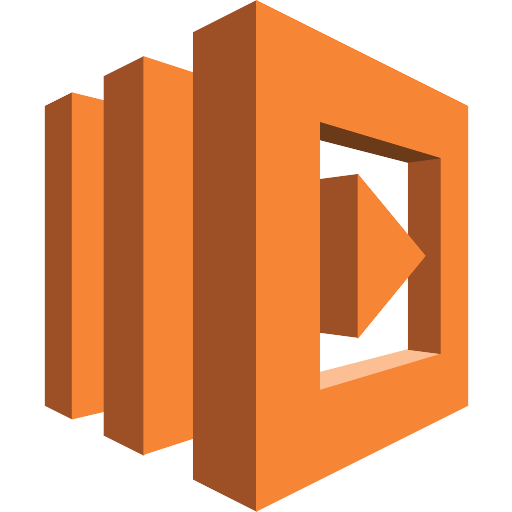

Chef Configuration Management
AWS OpsWorks
AWS OpsWorks is a configuration management service that uses Chef, an automation platform that treats server configurations as code. OpsWorks uses Chef to automate how servers are configured, deployed, and managed across your Amazon Elastic Compute Cloud (Amazon EC2) instances or on-premises compute environments.
Monitoring and Logging


Cloud and Network Monitoring
Amazon CloudWatch
Amazon CloudWatch is a monitoring service for AWS cloud resources and the applications you run on AWS. You can use Amazon CloudWatch to collect and track metrics, collect and monitor log files, set alarms, and automatically react to changes in your AWS resources.


Distributed Tracing
AWS X-Ray
AWS X-Ray helps developers analyze and debug production, distributed applications, such as those built using a microservices architecture. With X-Ray, you can understand how your application and its underlying services are performing to identify and troubleshoot the root cause of performance issues and errors.
